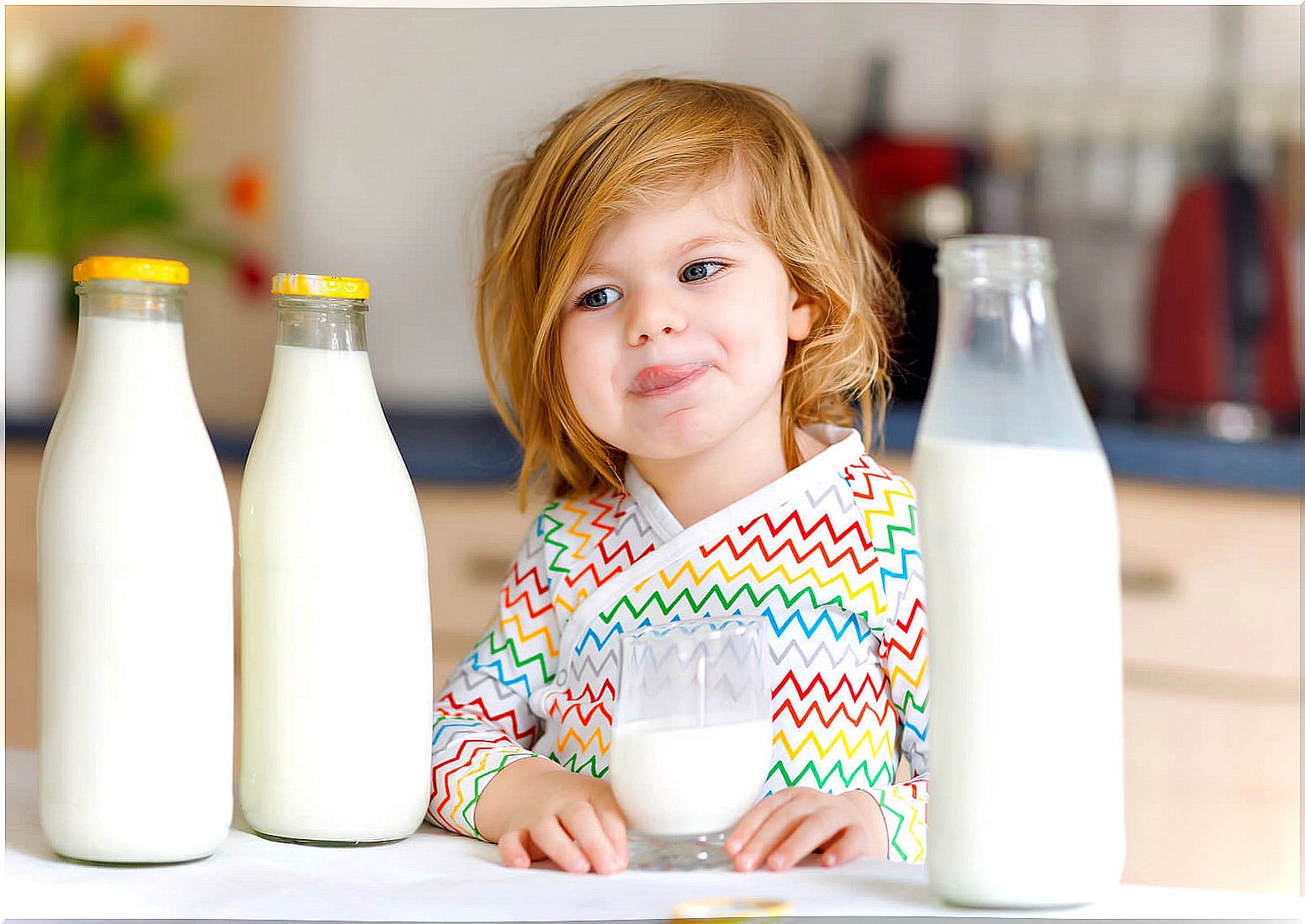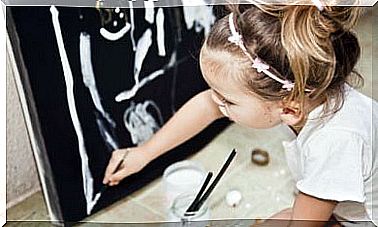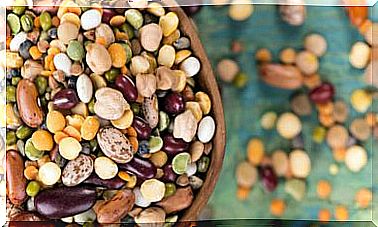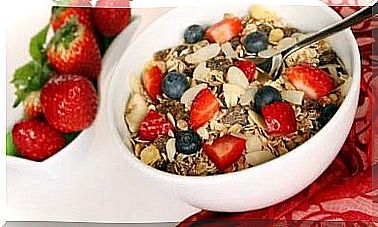What Cheeses Can Be Eaten During Pregnancy?
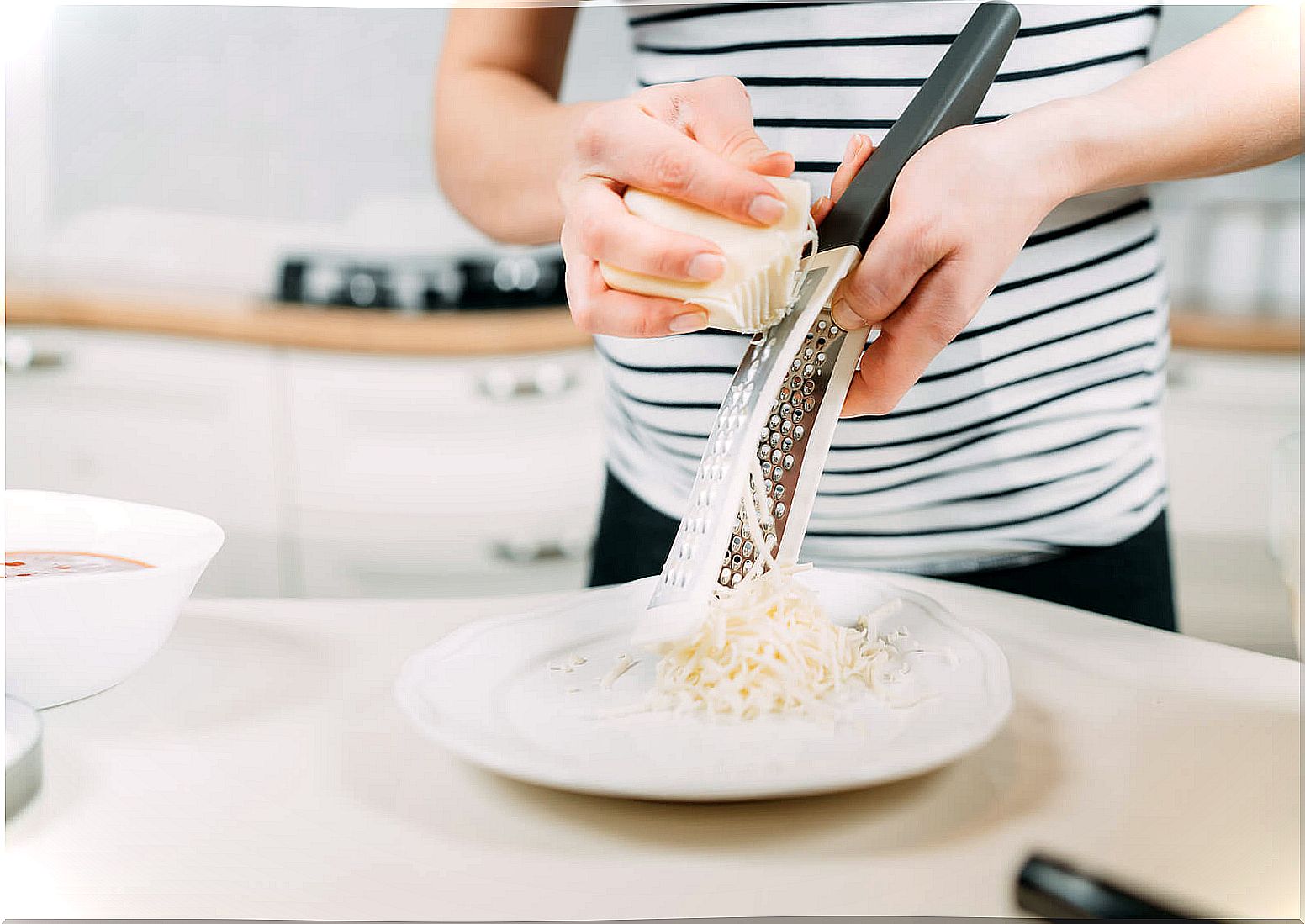
Dairy products are foods with a high nutritional density, recommended in the context of a balanced diet. However, many women wonder what cheeses can be eaten during pregnancy, since at this time dietary needs vary.
It must be taken into account that during the gestation period it is essential to be careful with foods that present a high microbiological risk or with those that can cause poor digestion. In this sense, some restrictions must be made in this regard to ensure the proper development of the fetus.
In pregnancy you can eat pasteurized cheese
One of the key points when eating cheeses in pregnancy is that they have been pasteurized. This eliminates the risk that the food contains listeria, a bacteria present in raw milk capable of causing food poisoning.
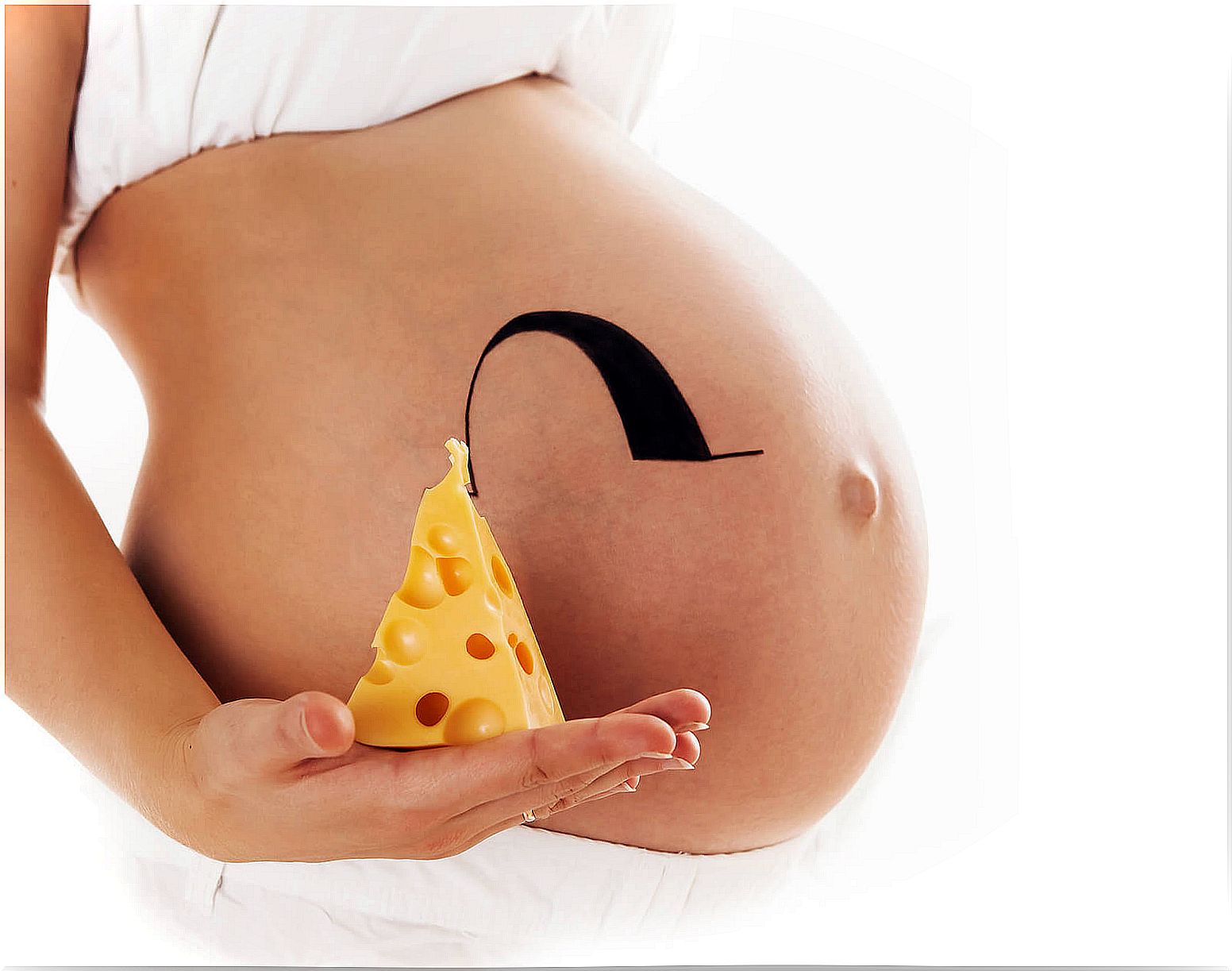
In this sense, you can consume sheep, goat or cow cheeses that have been made with pasteurized milk, thus passing a previous thermal process. This class of products is considered totally safe from a microbiological point of view.
Cheddar, edam, emmental, feta, gouda, mascarpone, mozzarella, provolone, cottage cheese, cream cheese, and fresh cheese are considered safe for the health of the mother and fetus during pregnancy.
Avoid eating soft cheese in pregnancy
Although these dairy products that we have discussed can be introduced into the diet during pregnancy, the presence of soft, fresh and blue cheeses should be avoided. These products do not have the relevant heat treatments to totally reduce the risk of bacteria growing inside.
Although it is unlikely that they cause food poisoning, in pregnancy all risks in this regard must be minimized, therefore, they should not appear in the diet.
We must avoid the consumption of mozzarella cheese (when it is made with unpasteurized milk), burgos cheese, camembert, roquefort, gorgonzola or Cabrales cheese.
Is it good to eat cheese during pregnancy?
The intake of dairy products and cheese is adequate during pregnancy. This series of edibles contain calcium, a mineral that has been shown to improve bone health and development.
They also have proteins of high biological value. These have all the essential amino acids in their composition, as well as good digestibility values. These nutrients are essential to ensure good health and optimal function of lean mass, according to a study published in the journal Food & Functions .
Being more specific, there are trials, such as the one published in Advances in Nutrition , which state that the intake of dairy products during pregnancy is associated with a higher weight of the baby at birth.
The importance of other dairy products in addition to cheese during pregnancy
Not only is it recommended that cheeses appear in the pregnant woman’s diet, but it is also essential that fermented dairy be consumed. These contain probiotic bacteria in their interior, capable of selectively colonizing the digestive tract, exerting a benefit on the host.
Thus, it is possible to reduce the risk of developing metabolic or digestive pathologies. Examples of them would be diarrhea and constipation, quite common during the gestation period. These kinds of alterations cause discomfort to the pregnant woman and can negatively affect her lifestyle.
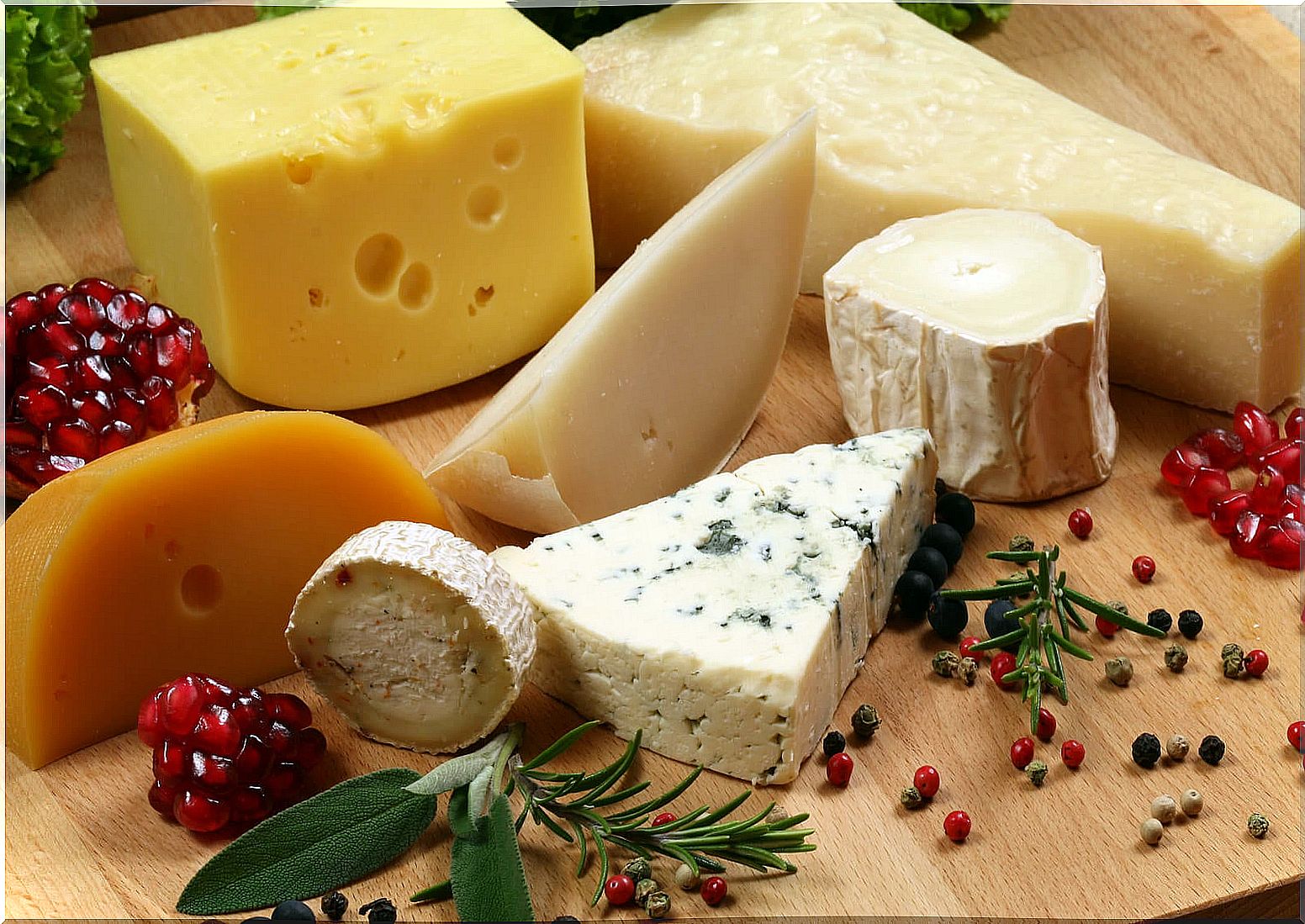
It is safe to eat cheese during pregnancy
As you have seen, it is safe to eat cheese when pregnant, as long as products made with pasteurized milk are chosen. In this way, the microbiological risk of food is reduced, which makes it very unlikely that intoxications will develop that negatively affect the health of the fetus.
If you have doubts about whether a cheese can be eaten or not, it is best to avoid it. During the gestation period, the best advice that can be given is to assume the least possible risks at the dietary level. For this reason, we encourage you to read the labels of the cheeses prior to their consumption to check if the milk that serves as an ingredient has been subjected to heat treatments. If you have any further questions, consult your doctor or nutritionist to adjust your diet.
